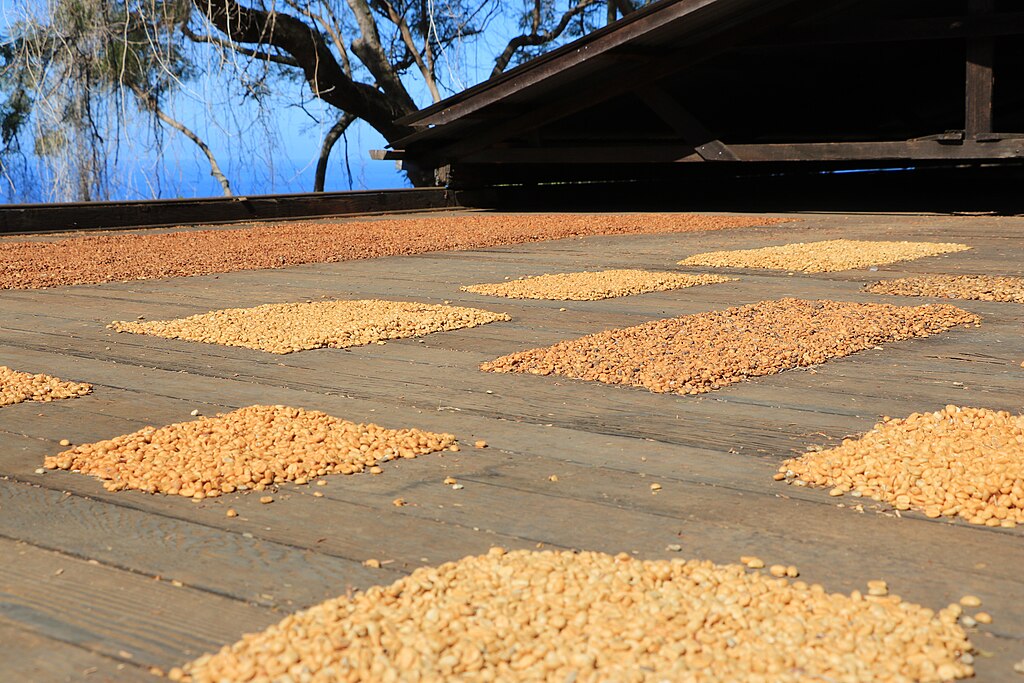
Multi-faceted benefits
Based on data collected so far from the GCP initiative, the use of geothermal energy makes a difference in processing time during the fermentation and drying stages. Without geothermal, full wash drying takes 7 to 10 days, honey processing takes 14 to 30 days, while the natural process takes 53 to 42 days. With geothermal, the time for each type of coffee processing becomes significantly shorter – 2 to 4 days for full wash, 4 to 7 days for honey processing, and 7 to 10 days for natural processing.
There are, of course, benefits in terms of earnings and emissions reduction. The potential for reducing emissions is 4 tons of CO2 per year and the potential of reducing organic waste is 419.2 kilograms per year. Economically, the expected turnover of the GCP farmer group is about IDR 165 million (approx. USD 10,659) per year with an average management income of UDR 24 million per year and operational cost savings of IDR 55.2 million per year.
Further education needed
Moelyono Soesilo, Chairman of the Specialty and Industrial Coffee Division, Association of Indonesian Coffee Exporters and Industries (AEIKI), welcomed the innovation and highlighted the potential for GCP to increase farmer productivity and domestic coffee production.
“I’ve seen it myself and it’s quite good, hopefully in the future it can have an impact and increase productivity because we use modern methods,” said Meolyono.
Moelyono said that this innovation can be a driving force for improving the productivity of coffee production. This is especially applicable to Arabica coffee that is usually grown in the highlands where geothermal areas are also located.
He hopes as well that PGE can carry out CSR activities to educate the coffee farmers on the benefits of the GCP. “Coffee farmers need education in selecting seeds and many other things to get maximum results. Not only that, they also need to be accompanied for at least five years, not just a year, just two years, so that efforts to increase coffee production are maximized, and the CSR carried out can also have an impact,”said Moelyono.